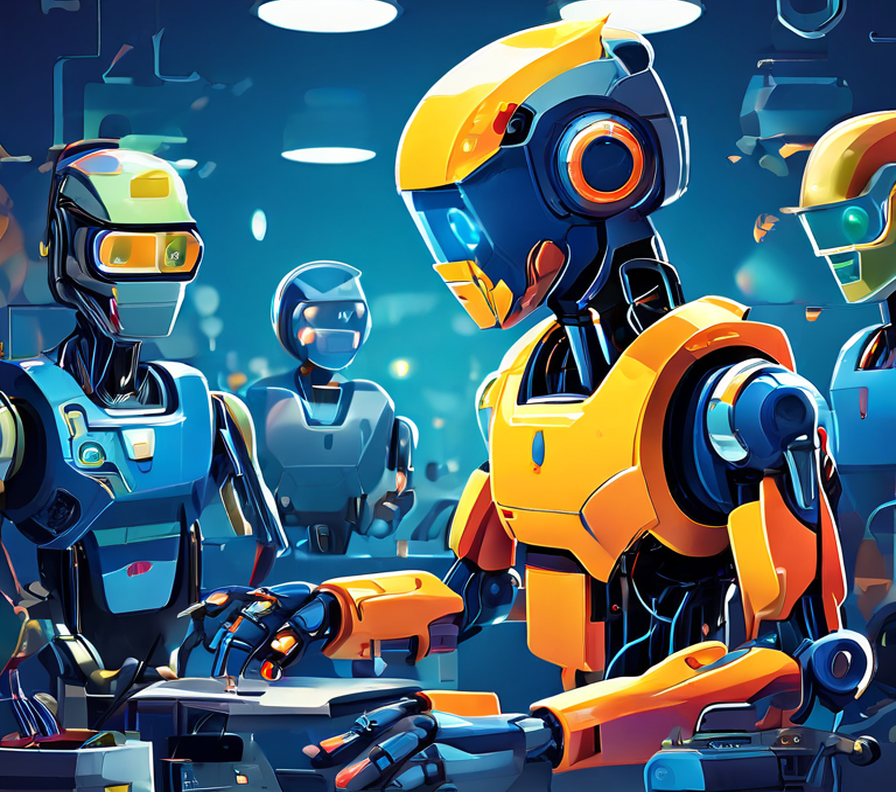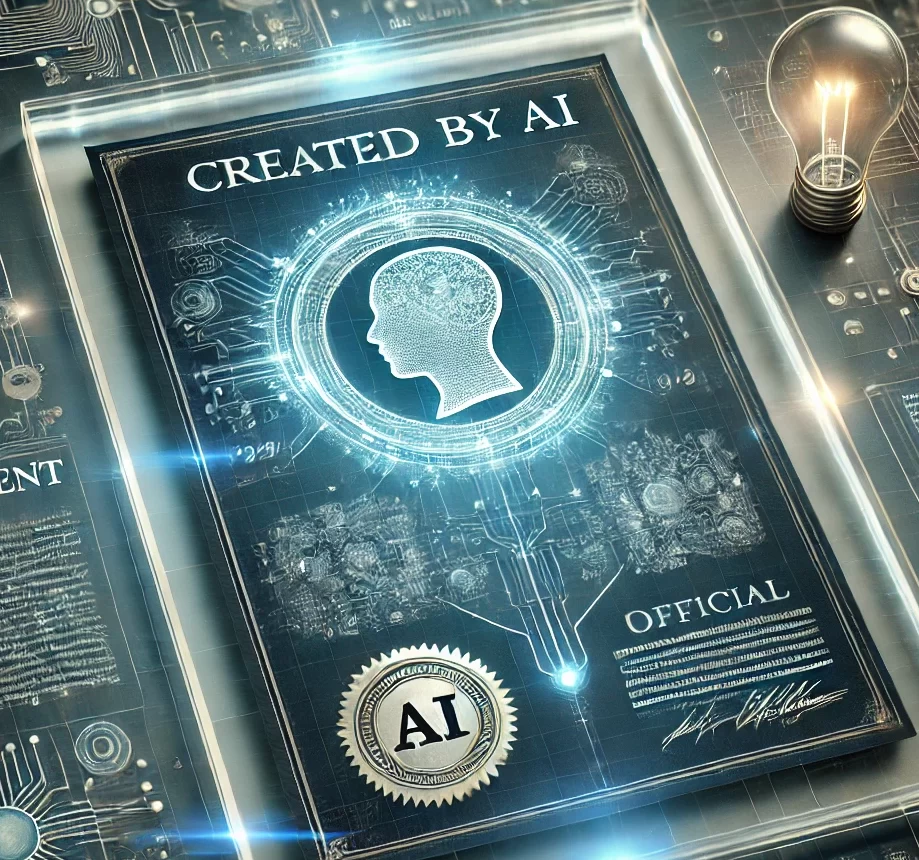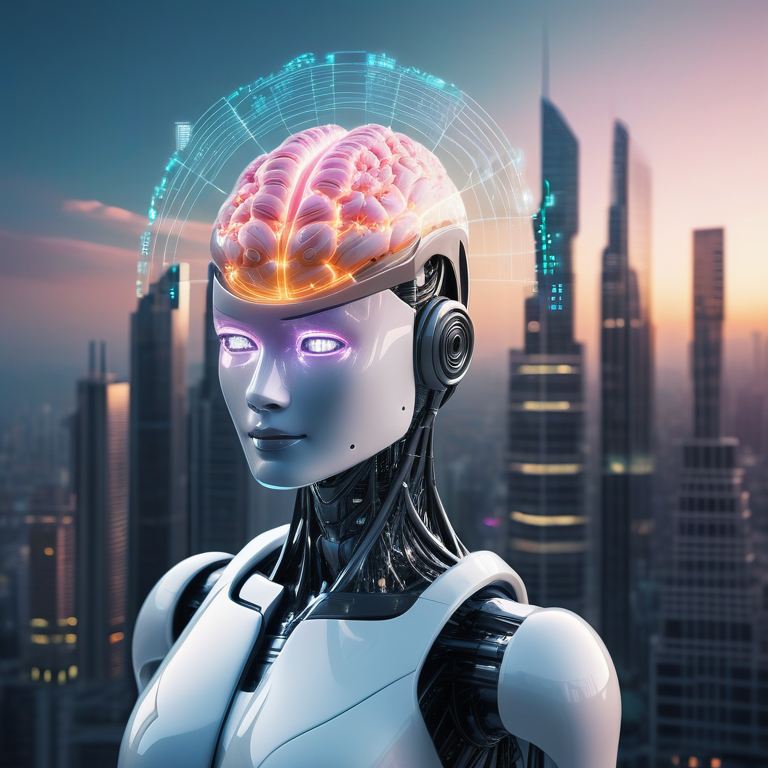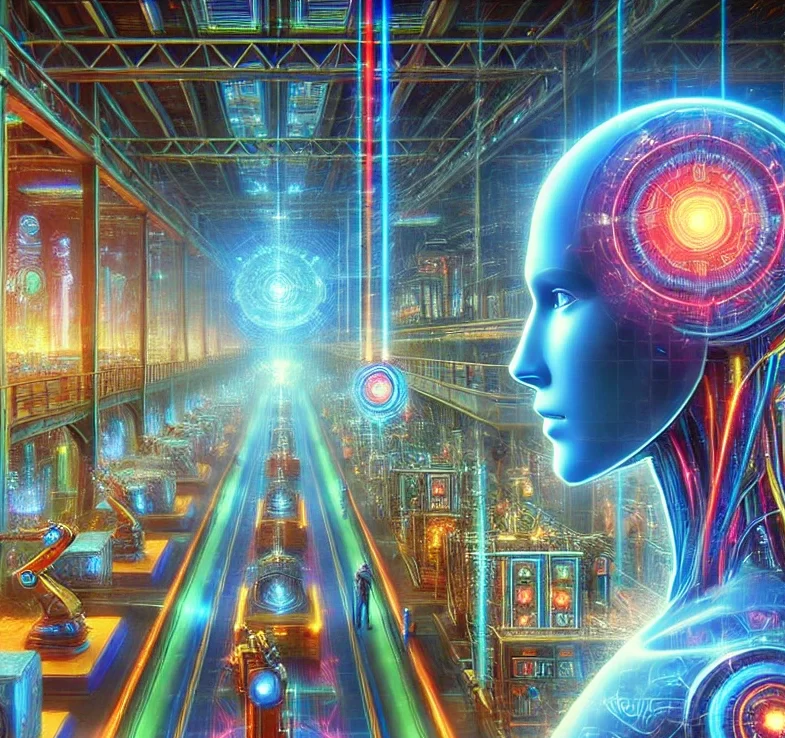The rapid rise of artificial intelligence (AI) is reshaping the job market, leaving many to wonder which professions will be replaced. For job seekers, educators, and tech enthusiasts alike, understanding these changes is crucial. so, will AI take our jobs?

Professions on the Decline
1. Data Entry Clerks
AI-driven data management systems can now handle large volumes of data with precision and speed, reducing the need for human data entry clerks. According to a 2021 report by McKinsey Global Institute, automation could displace around 25 million data entry jobs worldwide by 2030. These AI systems not only increase efficiency but also significantly reduce the margin of error. This is critical in industries that rely on accurate data processing. Consequently, businesses are investing more in AI technology, leading to a sharp decline in the demand for traditional data entry roles.

This shift is prompting workers in this field to seek reskilling opportunities to adapt to the changing job landscape.
2. Telemarketers
Automated calling systems and chatbots are taking over telemarketing roles, providing more efficient and cost-effective customer interactions. According to a report by Forrester Research, the adoption of intelligent virtual assistants and AI-driven communication tools will lead to a decline of up to 56% in telemarketing jobs by 2025.

These AI systems can handle a greater volume of calls and messages simultaneously, ensuring consistent and personalized customer experiences. Furthermore, AI chatbots are available 24/7, offering a level of accessibility that human telemarketers cannot match. The impact of this shift is significant, leading many in the telemarketing industry to explore new employment opportunities or seek training in areas less vulnerable to automation.
3. Cashiers
Self-checkout systems and automated payment solutions are making cashiers increasingly redundant in many retail settings.
These systems not only streamline the checkout process but also reduce the need for manual oversight, making them an attractive option for retailers looking to cut costs. According to a study by Juniper Research, the implementation of self-checkout technologies is predicted to lead to a reduction of over 1.5 million cashier jobs in the United States by 2026. Retail giants like Amazon and Walmart are at the forefront of this trend. Amazon Go stores offering a completely cashier-less shopping experience and Walmart investing heavily in self-checkout kiosks across its locations. The shift towards automation in retail is thus reshaping the workforce. It is pushing many cashiers to seek employment in roles that require more complex, interpersonal skills that are less likely to be automated.
4. Manufacturing Workers
Robots and AI-driven machines can now perform repetitive manufacturing tasks, leading to a decline in demand for human workers on production lines. The integration of AI in manufacturing has been profound, with automation systems capable of handling assembly, quality control, and even packaging with high precision. According to a report by PwC, up to 35% of jobs in the UK manufacturing sector could be automated by 2035.
These intelligent systems not only perform tasks faster and with greater accuracy, but they also operate continuously without the need for breaks, increasing overall productivity. Manufacturing companies are increasingly adopting these technologies to stay competitive, leading to a substantial reduction in the demand for human labor. This change requires employees to learn new technical skills and find jobs in fields where human supervision and creativity are crucial, like machine upkeep, coding, and system administration.

5. Travel Agents
With AI-powered travel booking systems, consumers can now plan trips without the need for traditional travel agents. These systems utilize algorithms to search, compare, and book flights, hotels, and rental cars, providing personalized recommendations based on user preferences. According to a report by Statista, the global travel agency market has experienced a decline, with online travel booking revenue projected to reach $817.5 billion by 2023, up from $679.7 billion in 2019. This decline indicates a clear shift towards automated, digital solutions.

Digital travel platforms like Expedia and Booking.com, along with AI services like Google’s travel assistant, offer users real-time information and convenient trip planning from one place. AI chatbots provide 24/7 customer service, responding quickly and consistently. This poses a challenge for traditional travel agents, who may need to focus on niche markets or luxury travel to stay competitive in an automated industry.
Why These Jobs Are Disappearing

- Efficiency AI can perform tasks faster and more accurately than humans, improving productivity across various industries.
- Cost Savings Businesses can save money by replacing human labor with AI systems that require less ongoing investment.
- 24/7 Availability Unlike human workers, AI systems can operate around the clock, providing continuous service.
- Consistency and Reliability AI systems provide a consistent performance and do not suffer from fatigue, errors, or inconsistencies that human workers might exhibit. This reliability is particularly valuable in customer service roles, manufacturing, and data processing.
- Scalability AI technologies can easily scale to meet increasing demands without significant additional costs. For instance, an AI-driven customer service platform can handle a surge in queries more effectively than a human team. This allows businesses to manage peak times more efficiently.
- Data Handling AI excels at processing vast amounts of data quickly and accurately, a task that would be time-consuming and prone to error for humans. In fields like data entry or analysis, this capability can lead to substantial productivity gains and cost reductions.
- Technological Advancements Continuous advancements in AI and machine learning are expanding the range of tasks that can be automated.
- Labor Market Trends Demographic shifts and labor market trends are also contributing factors. As the population ages, there are fewer individuals available for certain types of work, making automation a practical alternative to fill these gaps. The World Economic Forum predicts that by 2025, machines will displace about 85 million jobs. However, they will also create around 97 million new roles centered around AI and technology.
Adapting to the Changing Landscape

For Job Seekers
- Develop skills that complement AI, such as critical thinking, creativity, and emotional intelligence.
- Engage in Continuous Learning Stay updated with the latest technological advancements and trends by taking online courses, attending workshops, and participating in webinars. Platforms like Coursera, edX, and Udacity offer numerous courses on AI, machine learning, and other relevant technologies.
- Gain Practical Experience Look for internships or project-based learning opportunities that allow you to apply theoretical knowledge in real-world situations. Practical experience is invaluable in understanding the nuances of working with AI and other tech-driven systems.
- Build a Professional Network Connect with professionals in the AI and technology sectors through networking events, LinkedIn, or industry conferences. Building a robust network can provide insights, mentorship, and job opportunities.
- Develop Technical Skills Learn coding languages such as Python, R, or Java that are commonly used in AI and machine learning. Acquiring proficiency in these languages can enhance your employability in tech-driven roles.
- Focus on Interdisciplinary Knowledge Combining domain-specific knowledge with technology skills can open up new job opportunities.
- Seek Certifications Obtain certifications from recognized institutions to validate your skills and knowledge. Certifications in AI, data science, and cybersecurity can enhance your credibility and attractiveness to potential employers.
- Adaptability and Resilience Cultivate a mindset of adaptability and resilience to navigate the fast-paced changes in the job market. Being open to learning and adapting to new roles as they emerge can help you stay relevant.
- Embrace Remote Work Opportunities With remote work becoming more prevalent, develop skills to efficiently work from home, including proficiency in digital communication tools and time management.
- Consider Entrepreneurship Explore entrepreneurial ventures that leverage AI and technology to address existing market gaps. Launching a startup or developing innovative solutions can provide unique career opportunities.
For Educators
- Update Curriculums Incorporate AI and machine learning concepts into current curriculums to expose students to the latest technologies and their practical applications. This could mean updating textbooks, creating new course materials, or including hands-on projects with AI tools.
- Encourage STEM Fields Promote the pursuit of STEM (Science, Technology, Engineering, and Mathematics) disciplines by highlighting the opportunities available in these areas, including scholarships, grants, and career prospects. According to the National Science Foundation, STEM job opportunities are projected to grow by 8% between 2019 and 2029.
- Industry Partnerships Build partnerships with technology companies and other industry leaders to provide students with real-world experiences such as internships, co-op programs, and guest lectures. Collaboration ensures that educational programs stay aligned with industry needs.
- Teacher Training Invest in professional development and continuous training for educators to keep them abreast of technological advancements. Teachers need to be equipped with the skills and knowledge to effectively teach AI and related subjects. A study by the World Economic Forum showed that 65% of teachers believe they need more training to integrate technology into their classrooms effectively.
- Support Experiential Learning Create opportunities for experiential learning through laboratories, workshops, and maker spaces. Encouraging students to experiment and innovate with AI and machine learning technologies enhances their understanding and practical skills.
- Promote Critical Thinking and Problem Solving While technical skills are essential, fostering critical thinking and problem-solving skills is equally important. Educators should design activities that challenge students to think creatively and devise innovative solutions using AI.
- Interdisciplinary Approach Encourage an interdisciplinary approach by combining elements of AI with subjects like humanities and social sciences. This holistic education can help students understand the broader impacts of AI on society, ethics, and human behavior.
- Equity in Education Ensure that AI education is accessible to all students, regardless of background. Provide resources and support to underrepresented groups in technology fields to bridge the gap and ensure diversity in AI-driven industries. Data from the National Center for Education Statistics shows that women and minorities are underrepresented in STEM fields, making targeted support crucial.
- Community Engagement Engage with the local community to raise awareness about the importance of AI and technology education. Hosting community events, workshops, and informational sessions can help demystify AI and encourage more students to explore these fields.
For Tech Enthusiasts
- Stay informed about the latest advancements in AI.
- Explore how AI can create new opportunities and disrupt industries.
- Engage in Lifelong Learning Commit to continuous learning to keep up with the rapidly evolving tech landscape. Explore online courses, attend workshops, and read the latest research papers to stay abreast of new developments. A survey by Pew Research found that 87% of workers believe they need training and skills development to keep up with changes in the workplace.
- Experiment with Personal Projects Practical application of skills through personal projects can offer deep insights and hands-on experience. Consider participating in hackathons or contributing to open-source projects to refine your skills and collaborate with other tech enthusiasts.
- Join Tech Communities Participate in tech forums, online communities, and local meetups to share knowledge, ask questions, and stay updated. Platforms like GitHub, Stack Overflow, and Reddit have vibrant communities where professionals discuss the latest trends and solutions.
- Follow Thought Leaders Stay updated by following industry thought leaders and influencers on social media platforms and subscribing to newsletters. This can provide insights into emerging trends and innovative ideas. According to a study by LinkedIn, 74% of technology workers feel inspired by insights shared by industry thought leaders.
- Stay Current with Industry News Regularly read reputable tech news sources like TechCrunch, Wired, and MIT Technology Review to stay informed about breakthroughs and changes. Accurate information is crucial to understanding the trajectory of technological advancements.
- Acquire Soft Skills While technical abilities are crucial, soft skills like communication, teamwork, and problem-solving are equally important. Employers increasingly value hybrid skills that combine technical expertise with interpersonal abilities. The World Economic Forum predicts that by 2025, half of the workforce will need reskilling in both hard and soft skills.
- Explore Emerging Technologies Keep an eye on emerging technologies such as quantum computing, blockchain, and augmented reality. Understanding these technologies can provide a competitive edge and open up new career opportunities. Reports from Gartner suggest that early adoption of disruptive technologies can significantly enhance career prospects.
- Adapt to Remote and Hybrid Work Environments Develop skills that allow you to work effectively in remote or hybrid settings, including competency in virtual collaboration tools like Slack, Zoom, and Microsoft Teams. A Buffer survey indicated that 99% of remote workers would like to work remotely at least some of the time for the rest of their careers.
- Embrace Flexibility In a rapidly changing field, being able to pivot and adapt to new roles or projects quickly is essential. This flexibility can make you more resilient to industry shifts and better prepared for future changes. A report by Deloitte highlights that adaptable employees are 24% more likely to be employed and see higher career satisfaction.
Conclusion
The job market is evolving rapidly due to AI advancements. The question will AI take our jobs remains open. While some professions may vanish, others will emerge. By staying informed and adapting to these changes, job seekers, educators, and tech enthusiasts can thrive in the age of AI.



